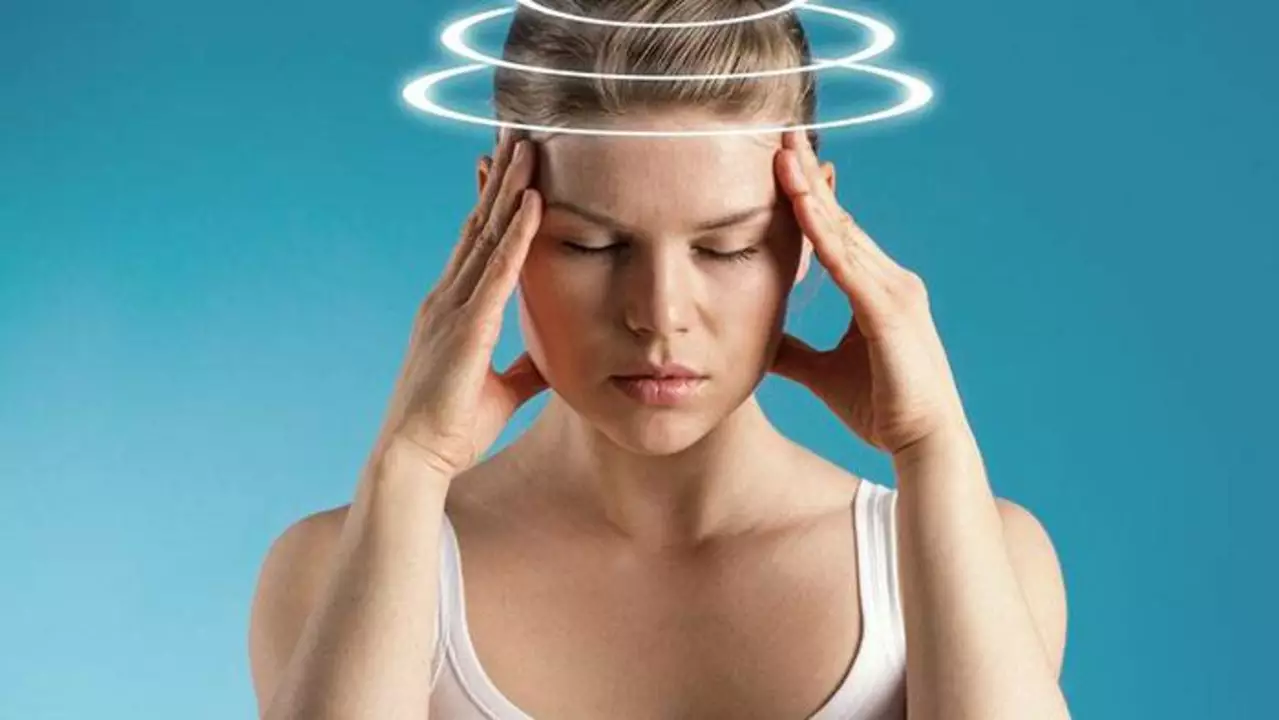Dizziness: What It Means and What to Do Right Now
Feeling woozy, lightheaded, or like the room is spinning? Dizziness isn’t one thing — it’s a symptom that can come from the ears, the heart, your meds, or even stress. The good news: many causes are harmless or treatable if you know what to look for.
Types of dizziness — why that helps
First, sort the feeling. Vertigo is a spinning sensation — often inner-ear related. Presyncope feels like you’ll faint and usually links to low blood pressure or heart issues. Disequilibrium is imbalance when walking, common with vision or nerve problems. Non-specific lightheadedness can be anxiety, dehydration, or medication side effects. Naming the type narrows down the likely causes fast.
Quick checks at home: did it start after standing up too fast? That points to low blood pressure or dehydration. Is it triggered by turning your head or rolling over in bed? That often signals benign paroxysmal positional vertigo (BPPV). Do you have hearing loss, ringing, or ear fullness? Think inner-ear conditions like Meniere’s or vestibular neuritis.
Simple, safe actions you can take now
If you feel dizzy right away, sit or lie down until it passes. Avoid driving or climbing. Sip water, especially if you’ve been sweating, had alcohol, or missed meals. Stand up slowly and steady yourself using a chair or wall. If you suspect low blood sugar, eat a small snack with carbs and protein.
For repeated spinning caused by head position (BPPV), many people get relief from canalith repositioning maneuvers like the Epley. It’s best shown by a clinician or a trusted video from a medical source. Don’t force movements that make you vomit or faint — see a provider instead.
Check your meds: blood pressure drugs, sedatives, some antidepressants, and certain allergy or sleep meds can cause dizziness. Ask your doctor or pharmacist whether a side effect could be the culprit before stopping anything.
When to get urgent help: sudden severe dizziness with chest pain, fainting, trouble speaking, one-sided weakness, double vision, or a very bad headache — get emergency care. Those signs can point to stroke or heart problems.
See a doctor when dizziness keeps coming back, affects daily life, or comes with hearing loss, persistent ringing, or new neurological symptoms. Tests may include blood pressure checks, blood work (anemia, glucose), ECG, or a referral to ENT or neurology. Vestibular rehab (specialized physical therapy) often helps chronic balance problems.
Small changes help a lot: keep hydrated, sit up slowly, cut back on alcohol and caffeine, and get enough sleep. If anxiety plays a role, breathing exercises and therapy can reduce dizzy spells. When in doubt, get checked — a clear diagnosis often leads to a simple fix that gets you steady again.

